Tech Things: OpenAI Announces Another GPU "Strategic Partnership"
They may be compensating for something
I don't use Instagram, but I know enough people who do. They tell me that Instagram is basically exclusively a home for over-the-top posts about everyone's idyllic lifestyles. Posed pictures on the beach, exaggerated shots of well lit food, an #abundance #of #hashtags, and of course the effusive praise of the comments section. Slay #queen. Most of the time, these posts are basically what they say on the tin. If someone went to Barcelona and had a great time, good for them. But sometimes one gets the feeling that these posts may be a bit…inauthentic? Perhaps overcompensating for something?
It's not a hard and fast rule of human psychology, but I have noticed that the people who have a lot of something — cars, cash, travel, clout, whatever — don't really go around bragging about that something. They just have them. It's the folks who don’t really have the cars or the cash that are really loud about it. This is the old money / new money distinction. Lambos and Ferraris are meant for those who are trying to signal how much wealth they have accrued; the people who have real wealth, for some definition of real, don't care about the signalling. They drive Honda Civics.1
In other words, sometimes talking a big game about how much stuff you have really means you don't have all that much stuff.
This is what I had in mind when I read the latest on OpenAI.
NVIDIA and OpenAI today announced a letter of intent for a landmark strategic partnership to deploy at least 10 gigawatts of NVIDIA systems for OpenAI’s next-generation AI infrastructure to train and run its next generation of models on the path to deploying superintelligence. To support this deployment including datacenter and power capacity, NVIDIA intends to invest up to $100 billion in OpenAI as the new NVIDIA systems are deployed. The first phase is targeted to come online in the second half of 2026 using NVIDIA’s Vera Rubin platform.
This comes several months after the announcement of Project Stargate, a collaboration between OpenAI, SoftBank, Oracle, and maybe the US government to invest billions in building giant data centers.
Last I checked, there have been approximately no updates since Stargate was announced. Wikipedia says: "as of 7 August 2025, the venture had still not begun and no funds, including the initial $100 billion, were raised." Which is odd. If I was planning to invest billions into AI infrastructure by 2029, I would maybe want to get started sooner rather than later?
Stargate actually got a mention in the most recent NVIDIA announcement:
This partnership complements the deep work OpenAI and NVIDIA are already doing with a broad network of collaborators, including Microsoft, Oracle, SoftBank, and Stargate partners, focused on building the world’s most advanced AI infrastructure.
Reading between the lines, it sure feels like that whole Stargate thing is DOA, and this new NVIDIA thing is an attempt to shore up continued access to silicon. Especially interesting because, apparently, the deal isn't even finalized yet!
NVIDIA and OpenAI look forward to finalizing the details of this new phase of strategic partnership in the coming weeks.
Given how Stargate is going, I'm a bit skeptical of "strategic partnerships" that haven't borne fruit, much less even been inked.
Not a hard and fast rule, but any time an AI company has to put out a press release about how they have so much compute, look at how much compute they have, wow so many GPUs, you can sorta kinda assume that they do not have compute and are really struggling to get compute. Announcing big data center partnerships is something of a negative signal, perhaps almost by definition. If you had the compute already, announcing the compute would be unnecessary. No one does a press release bragging about GPUs they already have access to. What would that headline even be? "We have 300k GPUs. They aren't new, we've had them for a while, but we just thought everyone should know."
The reason for these kinds of announcements is to bolster confidence, whether that be from employees, investors, or other stakeholders. But ironically, for me, they tend to do the opposite. I've never once read one of these and been like, "wow, good thing Sam has the GPU thing under control."
By contrast, Google has seemingly infinite compute and, as far as I can tell, never, ever puts out a big press release about how they started a "strategic partnership" to get access to more. They just have it and use it. When Google puts out strategic partnership pressers, it's generally about how they are getting access to more energy or land, or alternatively how Google is investing in someone else, like idk the United Kingdom.
This is because Google isn't dependent on anyone else for compute, and therefore doesn't need to shore up confidence in their compute. Their TPU stack obviates the need for publicity.
Somewhat related, I don't think I've heard of Anthropic doing a big press release about GPU access. I've seen em from Meta and from xAI and, of course, from OpenAI. But never Anthropic. Am I just in a bubble?
One thing that's worth noting is that Anthropic, unlike the other players, isn't really in the business of buying and maintaining GPU infra. They have partnerships with Google and Amazon. Google and Amazon buy and maintain the chips, Anthropic just sits on top. Presumably Anthropic is getting discounted rates from both providers, but this raises an interesting question: are those discounts cheaper than simply buying their own GPUs?
Capex expenditure is weird, because you have to deal with depreciation costs and employee costs. If Anthropic bought a bunch of GPUs it would have to pay a bunch of people to maintain those GPUs and would have a harder time staying on top of the latest and greatest chips. So maybe, strategically, it really is better to just leave all those considerations to other parts of the market.
This is actually not all that dissimilar to where OpenAI itself was, back when it was still partnered with Microsoft. Ostensibly that partnership is still ongoing, but I think the general tenor of the relationship has soured. You certainly don't hear much about how Azure is procuring more GPUs for OpenAI to use. Instead it's random other companies like Oracle.
Anyway, re: the OpenAI/NVIDIA announcement, right now this is a bunch of hot air. I want to see actual server racks being set up — or, even better, to just see models getting better without having to hear about data centers again.
Note: this comes from like 3 anecdotal stories, do not quote me on this. That said, in all three of those stories, it’s always some billionaire grandfather who made his money in molasses or concrete who is literally still driving a 15 year old Honda Civic.


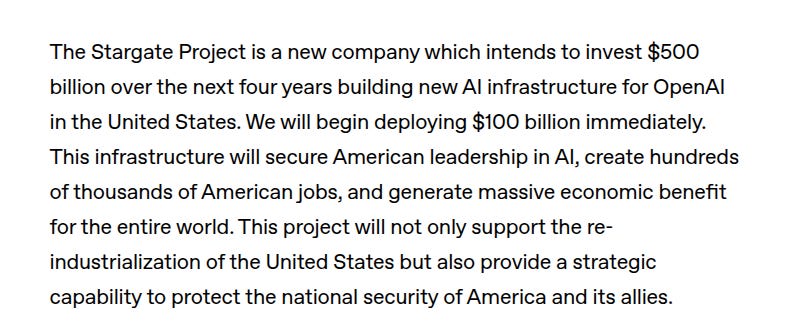
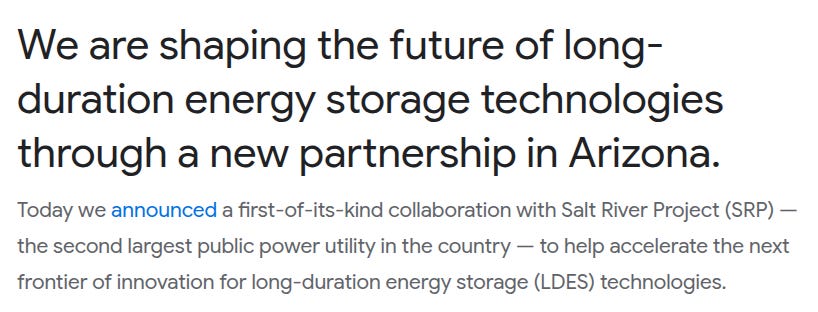
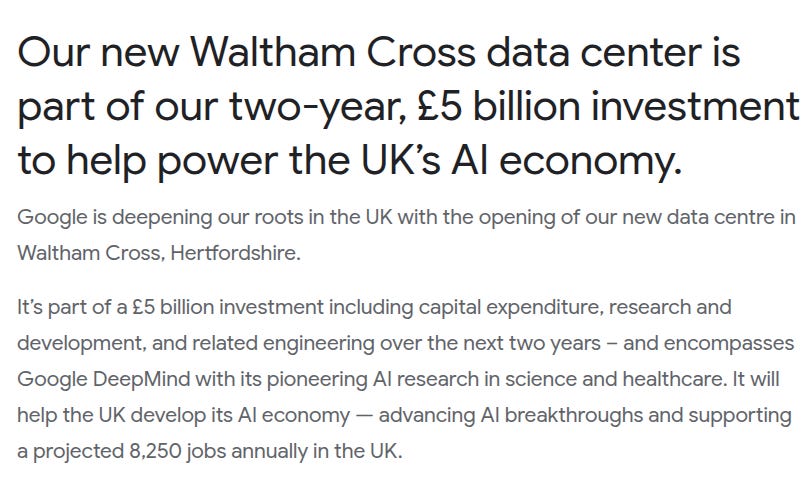
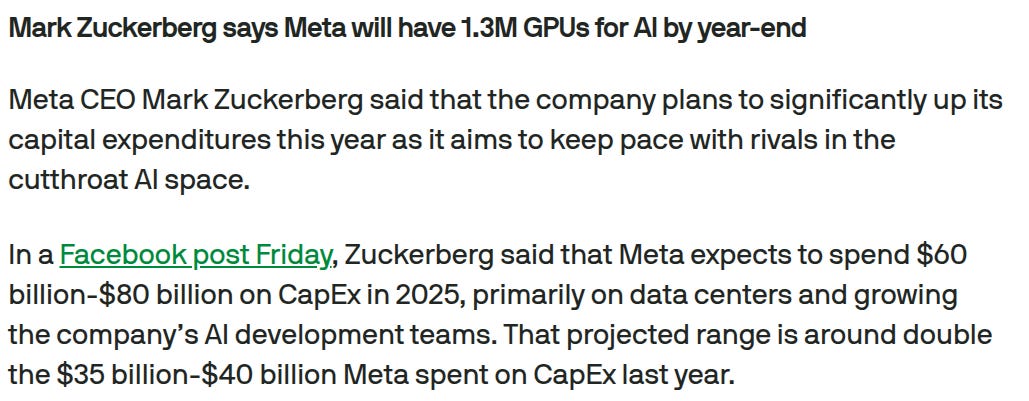
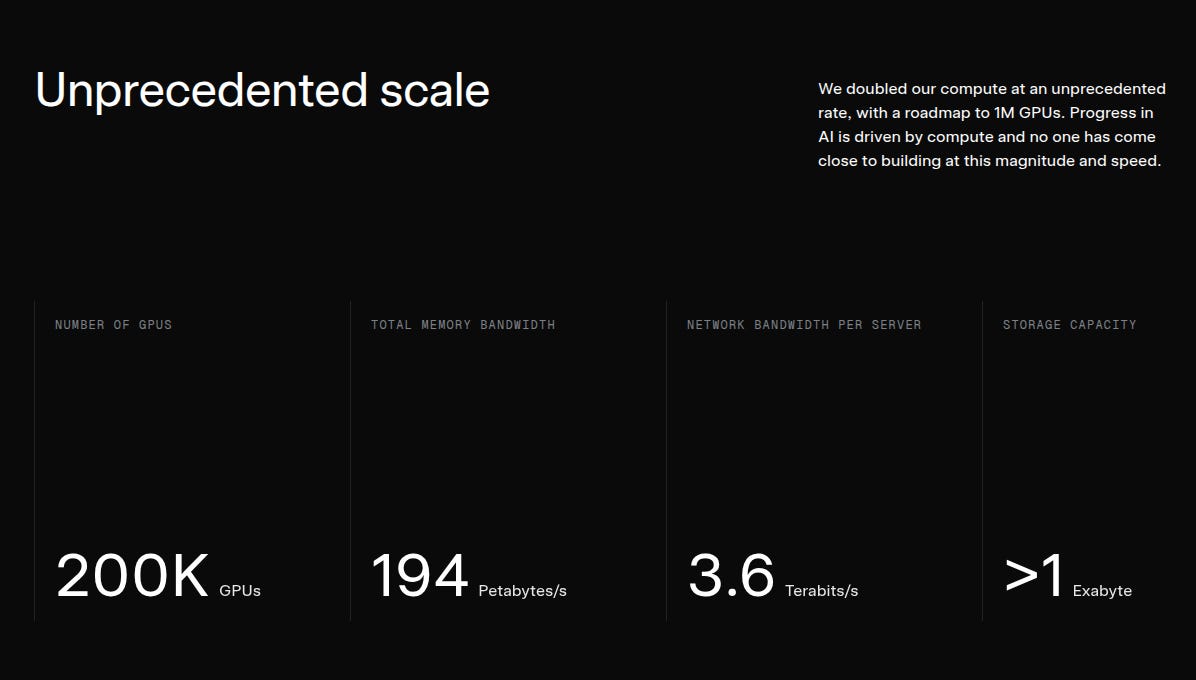
Feels awkward when your #1 supplier agrees to invest money into your company so you can then turn around and use those funds to buy from said supplier. Although if Nvidia thinks OpenAI will be printing money at some future point, GPUs in exchange for equity could make sense.
During the crypto bubble, there were a lot of arrangements like this, exchanging my "tokens" for some of your "tokens" in a rube goldberg fly wheel. When the hype cycle was in an upswing, these deals looked genius. To my knowledge, none of them had a lasting impact.
OpenAI is operating as a routing service for infra companies to pay each other, all on the promise of high demand for ChatGPT. OpenAI has massive deals with Coreweave, Nvidia and Oracle. They pay Coreweave through Oracle & Nvidia renting their data center space. They pay Nvidia through Oracle and Coreweave buying chips for those data centers, and get investment money through stocks. They pay Oracle through that investment money, and then that all goes back into more data centers and more chips.
Meanwhile, OpenAI loses money but everyone footing the bill has investor hype and contracts on paper pumping the stock prices, so who cares?